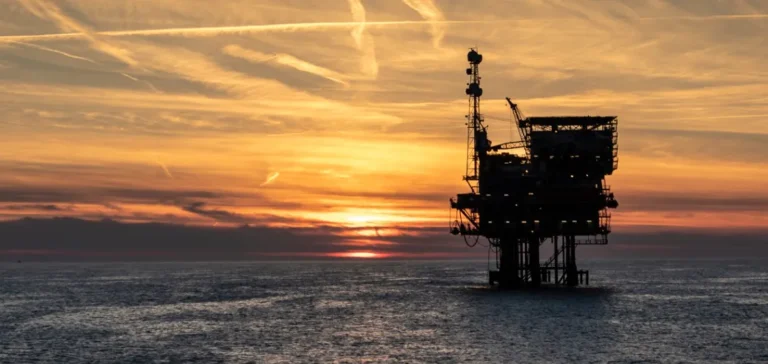Norwegian group Aker BP, the country’s second-largest oil producer, has announced a significant upward revision of the resources discovered at the Omega Alfa well, tied to its Yggdrasil project in the North Sea. The company increased its estimate of recoverable volumes from 20–40 million to 96–134 million barrels of oil equivalent (boe), more than tripling the initial projection. This update aligns with Aker BP’s broader objective to reach a total of 1 billion boe for the entire hub, whose current reserves stand at 700 million boe.
Scheduled to start production in 2027, Yggdrasil brings together several discoveries made by both Aker BP and the state-controlled company Equinor, consolidated into a single development project. The crude extracted will be blended into the Grane stream, exported from Norway’s coast. The associated gas will be sent to the Kårstø processing plant, one of Norway’s key gas treatment facilities.
Impact on the Grane crude market
Grane crude, characterized by a relatively high density (API 27.1) and medium sulfur content, already includes volumes from the Edvard Grieg and Ivar Aasen fields, both operated by Aker BP. According to the company, the addition of Yggdrasil’s oil is not expected to cause any significant change in the blend’s quality. On August 20, Grane crude was assessed at a $1.35/b premium to Dated Brent, according to Platts, part of S&P Global Commodity Insights.
Market interest in heavier North Sea grades has increased in recent years, partly due to the disappearance of Russia’s Urals crude from several international markets. This shift has supported the competitiveness of alternative blends such as Grane.
Revised costs and project ownership
Aker BP recently raised the total cost estimate for the Yggdrasil project from $11.1 billion to $12.1 billion. This increase is attributed to exchange rate fluctuations and rising costs across the oil industry. Nevertheless, the company stated that the project timeline remains unchanged, with first oil still expected in 2027.
The project is held by several stakeholders: Aker BP, Equinor, and Poland’s Orlen are among the main license holders. Aker ASA holds the largest share in Aker BP at 21.16%, followed by BP with 15.87%.






















